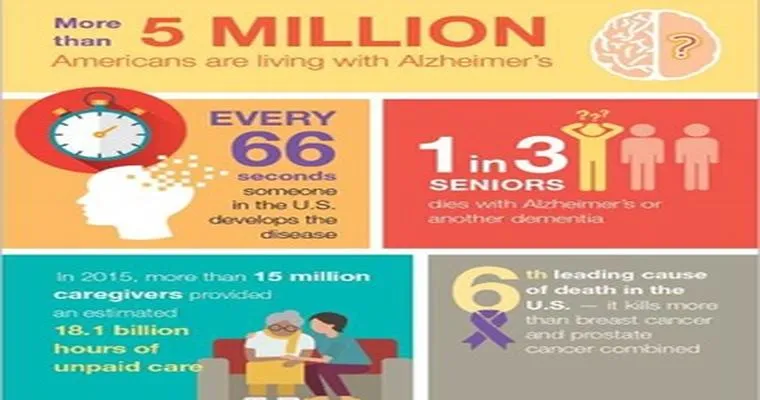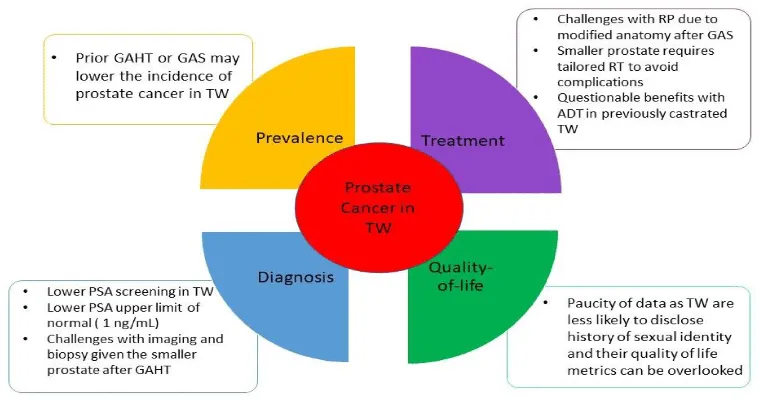Receiving a "diagnosis of Alzheimer's" is already a life-altering event, but facing an additional challenge like "prostate cancer" can feel overwhelming. If you or a loved one is navigating these dual diagnoses, understanding how to cope and manage both conditions is crucial. This article aims to provide valuable insights and advice for those in this difficult situation.
Understanding Alzheimer's and Prostate Cancer
Alzheimer's disease is a progressive neurological disorder that affects memory, thinking, and behavior. On the other hand, prostate cancer is a common cancer among men that develops in the prostate gland. The intersection of these two conditions can complicate care and treatment, highlighting the importance of a comprehensive approach.
Tips for Managing Both Conditions
1. "Seek Comprehensive Medical Care": It is essential to work closely with healthcare providers who understand both Alzheimer's and prostate cancer. A geriatrician or oncologist with experience in treating patients with cognitive impairments can offer tailored treatment plans.
2. "Stay Informed": Educate yourself about both conditions. Understanding the symptoms, treatment options, and progression of Alzheimer's and prostate cancer can empower you to make informed decisions about care and management.
3. "Establish a Support System": Caring for someone with Alzheimer's and prostate cancer can be challenging. Building a strong support network of family, friends, and professionals can provide emotional and practical assistance. Support groups can also be beneficial for sharing experiences and advice.
4. "Prioritize Communication": Open lines of communication are vital. Discuss treatment options, side effects, and any concerns with healthcare providers. Ensure that all caregivers are informed about the patient's needs and preferences.
5. "Focus on Nutrition and Exercise": Maintaining a balanced diet and regular physical activity can improve overall health and well-being. Consult a nutritionist who understands the dietary needs associated with both Alzheimer's and prostate cancer.
6. "Plan for Cognitive Changes": As Alzheimer's progresses, cognitive function may decline. It is important to develop strategies for managing symptoms such as confusion or memory loss. This could include using memory aids or simplifying daily routines.
7. "Consider Palliative Care": For patients facing advanced stages of either condition, palliative care can provide relief from symptoms and improve the quality of life. This type of care focuses on comfort and support rather than curative treatments.
8. "Stay Positive and Mindful": Maintaining a positive outlook can be challenging but is essential for emotional health. Mindfulness practices, such as meditation or gentle yoga, can help reduce stress and promote mental well-being.
Conclusion
Navigating a "diagnosis of Alzheimer's" alongside "prostate cancer" is undoubtedly a difficult journey. However, with the right resources, support, and care strategies, it is possible to manage both conditions effectively. Always consult healthcare professionals for personalized advice and treatment options that best suit your situation. Remember, you are not alone, and there are many avenues for support and information available.





